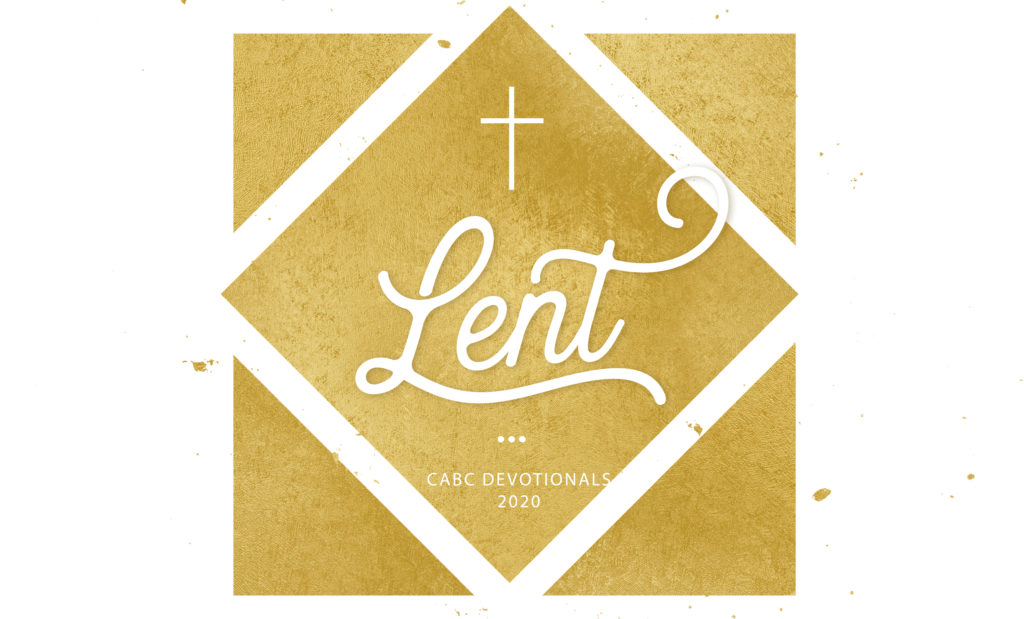by Terry Hess
Easter is an annual celebration observed by much of the Christian church, commemorating Christ’s resurrection. Modern observance of Easter represents a convergence of three traditions.
1. The Hebrew Passover, celebrated during Nisan, the first month of the Hebrew Lunar calendar.
2. The Christian commemoration of the crucifixion and resurrection of Jesus, which took place at the feast of Passover.
3. The Norse Ostara, or Eostra, from which the name Easter is derived. This is a pagan festival of spring which fell at the vernal equinox, March 21.
Prominent symbols in this celebration of the resurrection of nature after the winter were rabbits, signifying fecundity, which means the ability to produce an abundance of offspring or new growth. It can also mean the ability to produce many new ideas. Another symbol is eggs, colored like the rays of the returning sun and the northern lights or aurora borealis. The eggs also represent new life.
The fixing of the date of the celebration of Jesus’ resurrection was the occasion of much controversy in the early church. One group insisted that the festival fall on a Sunday, since the Lord rose on the first day of the week. The opposition insisted that it be coordinated with the Jewish Passover, which might fall on any day of the week.
In AD 325, the Council of Nicaea decreed that the resurrection would ordinarily be celebrated on the first Sunday after the full moon following the vernal equinox. If, however, the full moon fell on a Sunday, the celebration was to be postponed a week to avoid coincidence with the Jewish Passover. This method of reckoning the date of Easter, which is still in use, means that Easter may fall at any time within the 35 day period between March 22 and April 25.
Regardless of all this information, an easier way to describe Easter is this: Easter is the most important and oldest festival of the Christian church and it celebrates the resurrection of Jesus Christ.
In the past God spoke to our ancestors through the prophets at many times and in various ways, but in these last days he has spoken to us by his Son, whom he appointed heir of all things, and through whom also he made the universe. The Son is the radiance of God’s glory and the exact representation of his being, sustaining all things by his powerful word. After he had provided purification for sins, he sat down at the right hand of the Majesty in heaven. So he became as much superior to the angels as the name he has inherited is superior to theirs.

